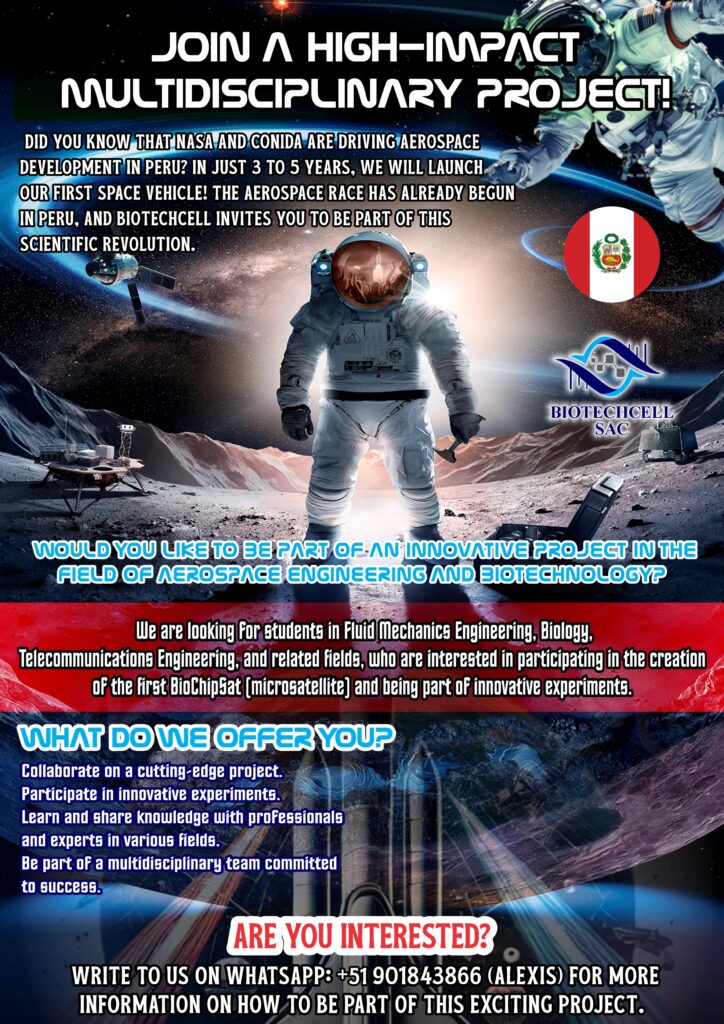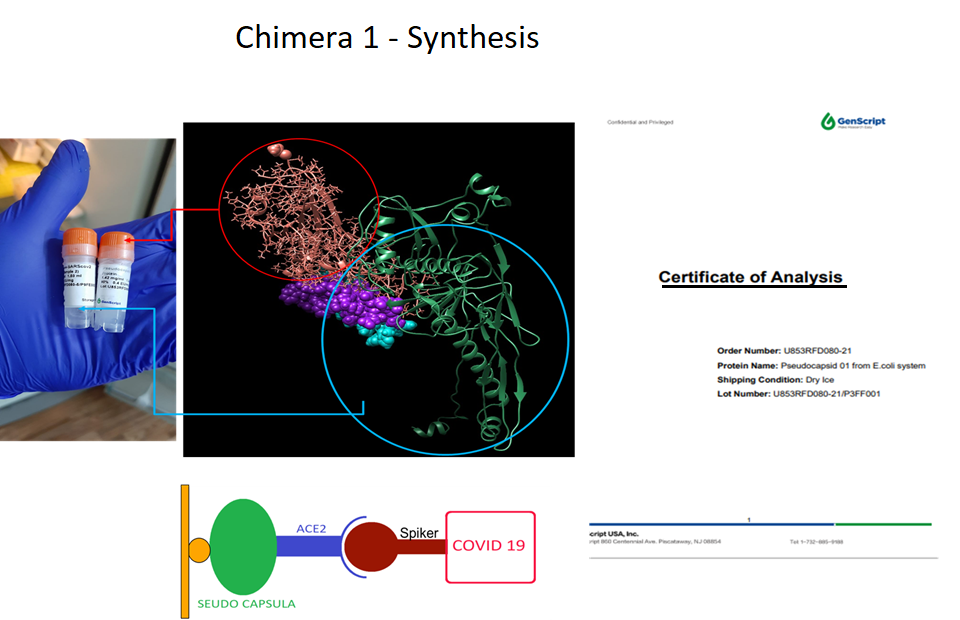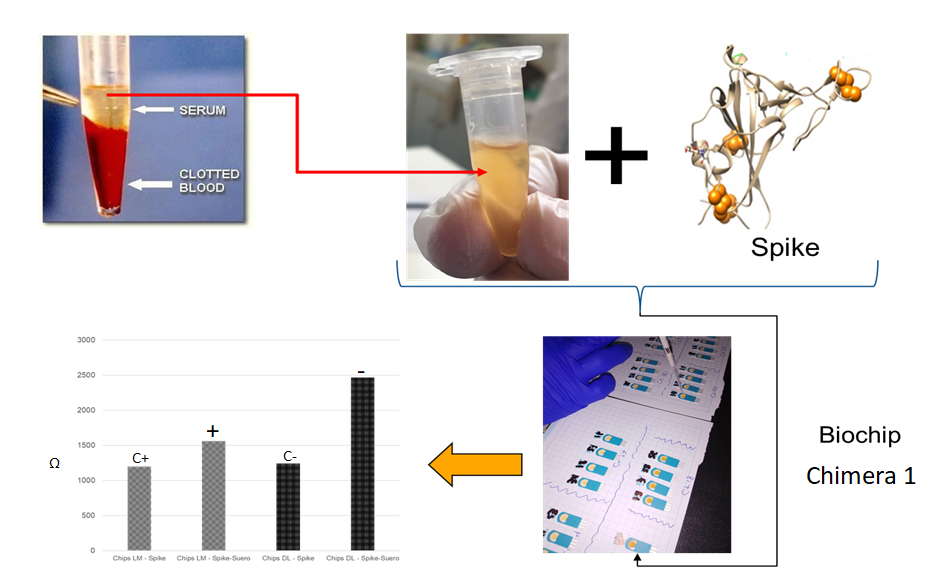We offer an innovative solution based on space technology designed to conduct biological experiments and protein crystallization in microgravity. This technology provides unique insights into cellular behavior in conditions that cannot be replicated on Earth. What we offer has practical applications in various fields, including medical, pharmaceutical, agricultural, and biotechnological research. Additionally, we provide customized experiments tailored to each client’s needs. This means we can design specific studies for academic institutions, pharmaceutical companies, or space agencies, ensuring they obtain the most relevant results for their projects. With this approach, we not only contribute to scientific advancement but also help accelerate the development of new therapies, treatments, and technologies.
A) ADVANCES IN SPACE TECHNOLOGY:
In 2007, Dr. Lavan conducted important work with the project ESP2006-13600-C02-01, titled «Biological Experiments in Real and Simulated Microgravity,» as part of the European Space Agency’s ELIPS-2 program. This project marked the beginning of a new era in studying how genes behave under microgravity conditions. Thanks to this breakthrough, doors were opened to revolutionary discoveries in space science.
A.1. Simulation of a microgravity machine for cell cultures:
This video presents the simulation of a microgravity machine for cell cultures. Thanks to this simulation, the power and size of the motors were determined, as well as the necessary control and power electronics. A network of sensors was also designed to monitor the cultures, along with a special plate that keeps the cells in a stable environment, preventing turbulence caused by the machine’s movement.
A.2. Microgravity machine prototype:
This video showcases the prototype of a microgravity machine designed to replicate space conditions, paving the way for new frontiers in scientific research.
A.3. Microgravity machine for cell cultures – under development:
The microgravity machine for cell cultures, currently under development, is designed to provide a unique environment that simulates space conditions. This machine is integrated into a 90 kg CO2 incubator, making it ideal for scientific studies.
A.4. Protein Crystallization in Microgravity: Innovation and Future at BioTechCell SAC.
Protein crystallization is a key process in biochemistry and biotechnology, as it allows for a detailed study of the three-dimensional structure of biomolecules using techniques such as X-ray crystallography. Understanding protein structures is essential for the development of new drugs, enzyme engineering, and structural biology research. One of the factors that can significantly influence protein crystallization is simulated microgravity, an environment where gravitational forces are drastically reduced, affecting the physicochemical processes of nucleation and crystal growth. While microgravity has been widely studied in areas such as nanotechnology and polymer synthesis, its impact on protein crystallization represents a highly relevant field of study. Various studies have shown that microgravity improves the quality of protein crystals by reducing structural defects and promoting greater molecular organization. On Earth, sedimentation and convection affect crystal formation, leading to irregularities in their structure. However, in microgravity conditions, these effects are minimized, allowing for the formation of more homogeneous and higher-quality crystals. This advancement is particularly valuable for the pharmaceutical industry, as it enables the design of drugs with greater precision in their interaction with biological targets. At the national level, BioTechCell SAC has developed a microgravity simulator, a technological breakthrough that opens new opportunities for biotechnology research. The ability to conduct protein crystallization experiments in simulated microgravity will not only contribute to basic science but also enable innovative advancements in biochemistry and pharmacology. Our studies on the crystallization of potassium nitrate (KNO₃) in simulated microgravity have provided a valuable experimental model to optimize protein crystallization. Both processes share key physicochemical principles, allowing us to extrapolate our findings to the crystallization of biomolecules. We have observed that, in microgravity, the absence of convection and molecular diffusion alter the transport of molecules in solution, which affects the size and purity of crystals. Additionally, crystals grow with fewer imperfections, which is crucial for obtaining optimal crystalline structures for structural biology studies. Through controlled experimental conditions, the crystallization of inorganic compounds such as KNO₃ has helped refine parameters to enhance the crystallization of biomolecules, paving the way for new research and biotechnological applications. With this development, BioTechCell SAC positions itself at the forefront of biotechnology and microgravity research, with great potential to contribute to science, the pharmaceutical industry, and space exploration.

A.4. Microsatellite: Development and Implementation of BioChipSat for Biological Experiments in Space.(Link):
The project aims to develop an electronic device to measure changes in gene expression under microgravity conditions. This device will be highly sensitive and reliable, using samples lysed through ultrasound for analysis. Additionally, cell culture plates adapted for microgravity will be designed, maintaining controlled conditions of temperature, humidity, and carbon dioxide to ensure cell stability. The device will consist of six main units: a potentiostat, an adapter for gold screen-printed electrodes, an autonomous washing system, an ionic solution unit, a waste collection system, and an autonomous sample preparation system. The latter will extract samples from the plates, lyse them through sonication, and analyze them with specific probes to detect changes in gene expression. The probes are based on human genes identified by Dr. Laván, related to cancer, and adapted for relevance in human systems. The device will feature a real-time data transmission system to record and analyze the results. This advancement has a significant impact on both biomedical and space research, opening new possibilities for studying the effects of microgravity on human health.

B) BIOCHIP:
B.1. Human Papillomavirus (HPV):
Immobilization of molecular structures E6 and E7 on a carbon conductive substrate coated with a gold layer for the detection of HPV type 16 at the BIOTECHCELL SAC laboratory in 2024.
B.2. Chronic Myeloid Leukemia (CML):
Immobilization of the BCR-ABL1 gene on a carbon conductive substrate coated with a gold layer for the detection of Chronic Myeloid Leukemia at the BIOTECHCELL SAC laboratory, 2024.
B.3. Diagnostic Tests for COVID-19 (SARS-CoV-2):
Method validation for the detection of SARS-CoV-2 using Protobiochip, compared to the RT-PCR method, in samples from COVID-19 patients.

B.4. Diagnostic Tests for COVID-19 Antibodies :
Method validation for the detection of neutralizing antibodies for SARS-CoV-2 using a Protobiochip, compared to the quantitative FIA test kit. Research project registered with the National Institute of Health (INS)
